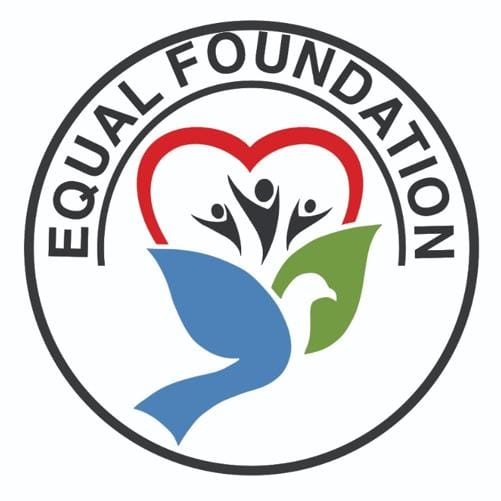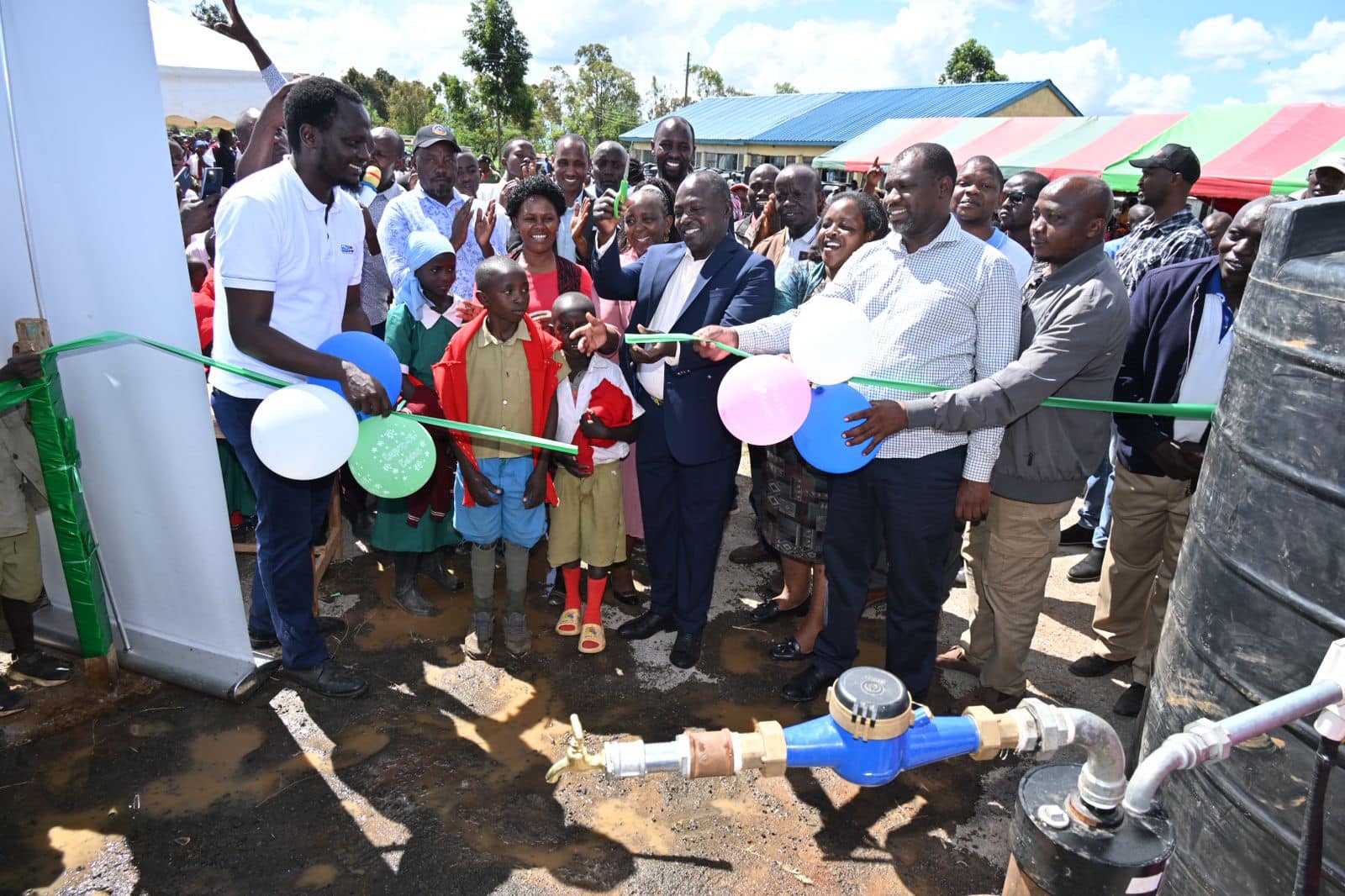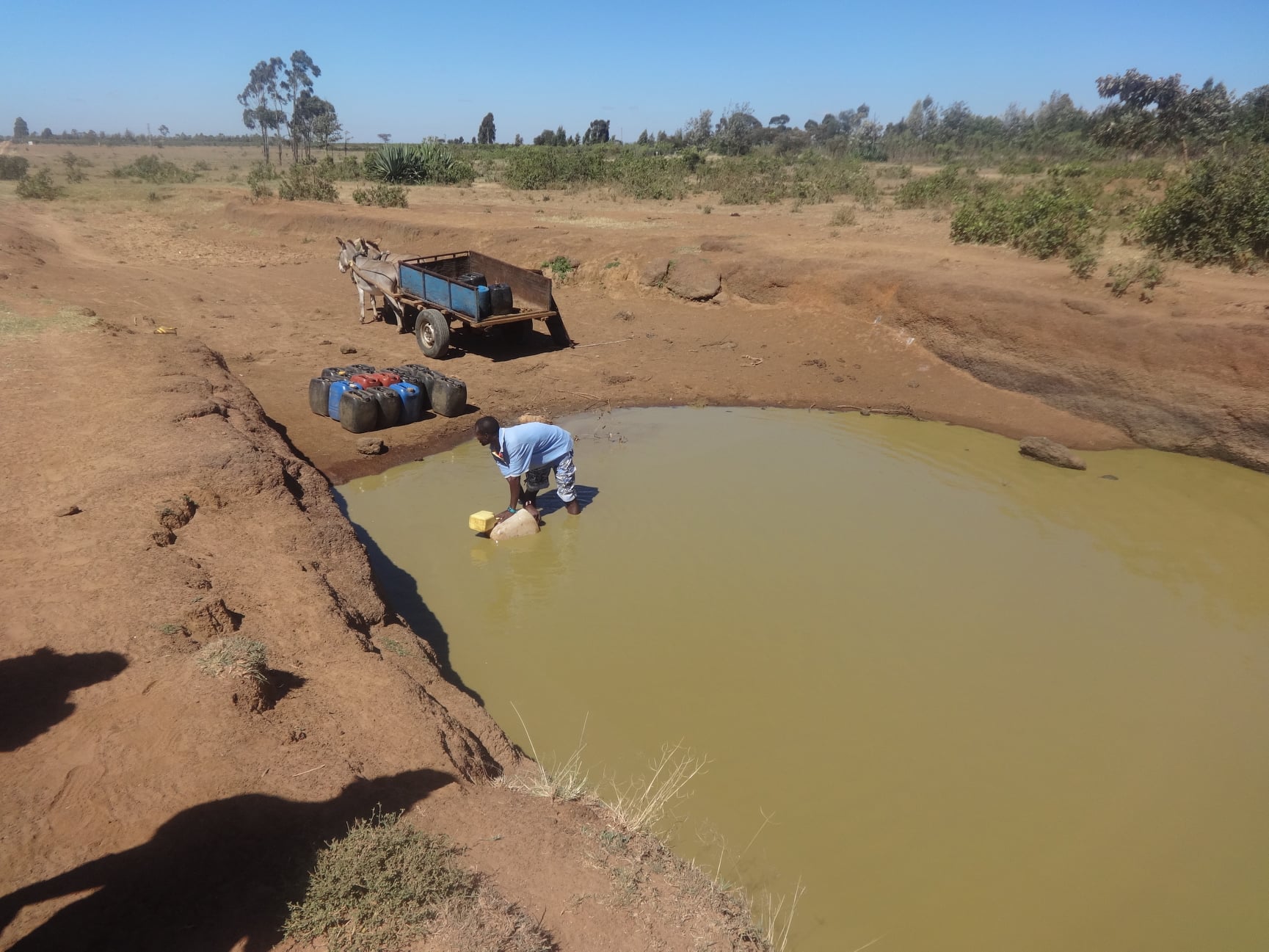Project Overview
The Agro-Ecology and Food Security Project promotes agroforestry, sustainable agriculture, and climate-resilient farming practices to enhance food production while preserving the environment. The project emphasizes community empowerment through environmentally friendly techniques that restore soil health, conserve biodiversity, and strengthen resilience to climate change.
Implementation Areas
The project is currently active in Laikipia North and West Sub-counties, implemented in partnership with:
- OYU Green
- Bethel Investment Networks
Key Activities
In 2024, the project focused on training farmers and community groups in:
- Agroforestry and organic farming
- Crop diversification and food forest design
- Soil conservation techniques
- Integrated pest management
- Bio-intensive kitchen and vertical gardening
Target Groups
The initiative is implemented in collaboration with:
- Youth and women solidarity groups
- Schools and educational institutions
- Correctional facilities (prisons)
Key Achievements
-
200+ households, 2 schools, and 1 correctional facility have adopted:
- Bio-intensive kitchen gardens
- Vertical gardens
- Food forests with diverse crop varieties
- 1 community tree nursery established, with 2 more under development, to support propagation and distribution of diverse, climate-resilient seedlings
Impact Focus
- Improved food security and household nutrition
- Strengthened community resilience to climate shocks
- Enhanced environmental sustainability through soil and biodiversity conservation
- Increased community ownership of food systems
Goal
To enhance food security, nutrition, and household health by promoting sustainable food production methods and improving access to a diversified, nutritious diet in arid regions of Laikipia County.
Objective
To increase water-use efficiency in food production by introducing micro-irrigation technologies tailored for resource-scarce environments, particularly in arid parts of Laikipia West.
Key Innovation
Equal Foundation has developed and is deploying a low-cost micro drip irrigation system, specifically designed for bio-intensive kitchen gardens. This system:
- Uses minimal water
- Is suitable for household-level food production
- Supports continuous cultivation of vegetables and other nutritious crops, even during dry seasons
Target Areas
The project is currently being piloted in four drought-prone wards in Laikipia West Sub-county:
- Rumuruti
- Olmoran
- Sossian
- Salama
Project Focus Areas
- Water-efficient agriculture: Promote adoption of drip irrigation and other smart water practices
- Household empowerment: Equip families with tools and skills to grow their own food
- Nutrition improvement: Increase year-round access to diverse and nutrient-rich foods
- Climate resilience: Encourage sustainable practices that reduce vulnerability to drought and water scarcity
Expected Outcomes
- Increased household food production with lower water use
- Improved nutrition through regular access to vegetables and other crops
- Enhanced resilience of smallholder farmers to climate variability
- Scalable model for climate-smart, water-efficient farming in other arid regions
Goal
To improve the health and well-being of children and their communities by ensuring reliable access to clean, safe drinking water and significantly reducing the incidence of waterborne diseases.
Objective
To combat water scarcity and reduce waterborne illnesses in Laikipia County by introducing effective, community-level water purification solutions, particularly in drought-prone areas where households depend on unsafe water sources such as pans and dams.
Strategic Partnerships
This initiative is implemented in collaboration with:
- Procter & Gamble
- Bethel Network
- County Government of Laikipia
These partners provide technical, logistical, and institutional support to ensure the success and sustainability of the program.
Water Purification Solution
The project utilizes an innovative, proven water purification technology capable of treating water drawn from contaminated sources such as dams, wells, and pans—making it safe for human consumption. The solution is designed to be portable, low-cost, and user-friendly, ideal for school and household settings.
Target Beneficiaries and Coverage
- Launched in 2022, the project is actively serving:
- Over 50 primary and secondary schools
- More than 2,000 households in Laikipia West
- The project prioritizes areas most affected by recurrent drought and lacking access to piped or treated water systems.
Expected Impact
- Increased access to safe drinking water for school-going children and local families
- Reduction in the incidence of diarrheal and waterborne diseases
- Improved school attendance and child development outcomes due to better health
Goal
To ensure reliable and equitable access to clean and safe water for local communities, with a special focus on school-going children and vulnerable households.
Objective
To address persistent water access and quality challenges in drought-prone areas of Laikipia County by providing sustainable water solutions for schools, households, and agricultural development—ultimately reducing the burden on women and children and enhancing community resilience.
Key Components
-
Water Infrastructure Development
In partnership with Procter & Gamble, Bethel Network, and the County Government of Laikipia, Equal Foundation has supported the drilling and equipping of boreholes to increase community access to safe water.
Boreholes have been established at:- Githima Secondary School (Olmoran Ward)
- Kiwanja Secondary School (Githiga Ward)
- Mutamayiu Primary School (Rumuruti Ward) – drilling and equipping in progress
-
Household Water Harvesting
To improve household water access and promote water conservation:- Over 200 households have received 3,000-litre rooftop water harvesting tanks, enabling families to collect and store rainwater, particularly during rainy seasons.
-
Agro-Ecology Model Farms
To link water access with sustainable food production:- Boreholes have also been drilled to support the establishment of agro-ecology model farms, which serve as demonstration sites for climate-smart and water-efficient agriculture.
- These farms promote practices that can be replicated by surrounding communities to improve food security and sustainable land use.
Impact Highlights
- Improved school attendance and health outcomes due to reliable access to clean water
- Reduced time burden on women and children for water collection
- Enhanced community resilience to drought through water harvesting and agro-ecology
- Strengthened food and nutrition security through sustainable farming practices
Goal
To ensure the long-term sustainability of water resources in Laikipia County by empowering local communities to manage and maintain their water infrastructure, guaranteeing consistent access to clean and safe water.
Objective
To strengthen water governance and improve the functionality and sustainability of community-managed water infrastructure in Laikipia County—specifically by training water committees and restoring at least 20 malfunctioning boreholes by the end of Year 1.
Key Partnerships
This program is implemented in collaboration with:
- Bethel Network
- County Government of Laikipia
The program will:
- Establish and operationalize community water committees to oversee borehole management
- Prioritize and coordinate the repair and rehabilitation of boreholes, with a focus on underserved areas in Laikipia West
Capacity Building Focus
- Provide technical training to at least 100 water committee members on basic borehole maintenance, including plumbing and minor repairs
- Deliver leadership and governance training to strengthen community oversight and accountability
- Ensure at least 80% of trained committees develop and implement basic water maintenance and sustainability plans within 12 months
Project Overview
This project aims to equip youth with essential technical and soft skills to enhance their employability and self-reliance. It is implemented by Equal Foundation with support from the Tirus and Esther Foundation and Partners for Care.
Training Hubs
Equal Foundation has established two key training hubs to deliver hands-on training and mentoring:
- Youth Resource Centre in Rumuruti
- Olmoran Vocational Training Centre
Key Achievements
- Successfully trained over 200 youth in ICT and knitting
- Empowered youth to pursue self-employment and income-generating opportunities
Core Focus Areas
- Providing technical training in ICT and vocational skills
- Targeting school-leaving youth with critical soft skills, including:
- Communication
- Teamwork
- Time management
- Adaptability
- Enhancing capacity to leverage ICT for online jobs
- Offering on-the-job training opportunities
- Facilitating linkages with businesses, industries, and the private sector for employment placement and mentorship
Expected Impact
Through this holistic approach, the project contributes to reducing youth unemployment and fostering a generation of technologically skilled, job-ready, and economically empowered young people.


















































